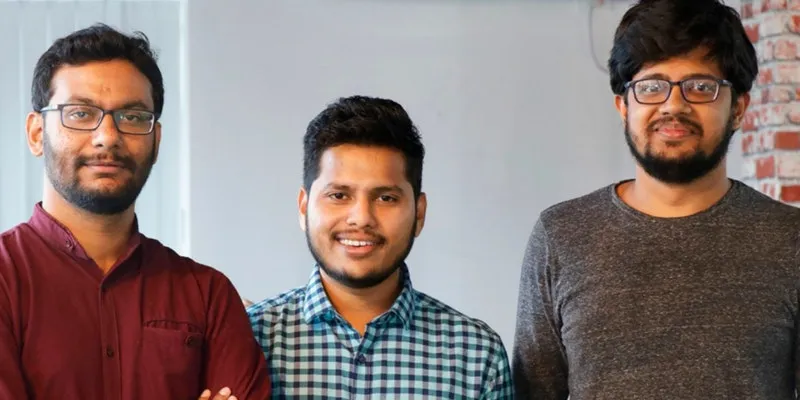Coronavirus: Startup Intugine Technologies helping states track quarantine zones
The solution provided by the startup helps government officials monitor tens of thousands of home quarantined cases during the current coronavirus outbreak.
In an effort to contain the coronavirus outbreak, Bengaluru-based startup Intugine Technologies is helping government officials to monitor large number of home quarantined individuals and ensure that they follow social distancing.
Interestingly, the solution can work without installing any application, which makes it very effective and easy to implement. It uses an SMS-based user consent to initiate the tracking.
The founding team behind Intugine Technologies includes Harshit Shrivastava, Ayush Agrawal, and Mrinal Rai, who come from IIT Kharagpur and SRCC. They raised an undisclosed amount from IPV and some angel investors in 2019.
The solution is already live in five states, where state governments are using it to track the quarantined people in specific regions. The real time dashboard will be used by the officials and coronavirus control room for better monitoring of home quarantined cases. The location data is stored in a secure cloud, ensuring complete privacy of the individuals. The tracking automatically stops after the quarantine period ends.

The founders of Intugine
“Once the lockdown ends, it’s going to be very crucial to identify coronavirus hotspots based on population movement and density, and to do effective contact tracing to avoid another wave of infection. With our location intelligence algorithms and data mining technologies, we are building tools to do such analysis and tracing at scale,” says Mrinal Rai, Co-founder, Intugine Technologies.
This solution can help officials, monitor tens of thousands of cases on a single dashboard with a central control tower, reducing the pressure on the ground teams to visit each location and ensure adherence. The startup is in talks with many government officials across the country to implement it in other states as well.
“With social distancing being the only effective option to contain coronavirus, we believe that an effective monitoring solution can be of great help at this point. With our location intelligence platform, we are enabling authorities to monitor thousands of quarantined people at once, in an effective, least intrusive and scalable manner,” says Harshit Shrivastava, Co-founder, Intugine Technologies.
Intugine Technologies is a logistics technology company, providing real time tracking and supply chain optimisation solutions to the likes of Philips, , Mahindra Logistics and Arvind Fashion. Intugine’s end-to-end platform includes route planning and vehicle allocation, digital indenting, in-warehouse tracking, in-transit tracking, digital invoicing and data-driven planning. Intugine'’s Location Intelligence Platform already tracks movement of lakhs of trucks every month and is repurposed to track the home quarantined cases in the light of coronavirus crisis.
“Our logistics platform fits seamlessly in providing a solution to the coronavirus monitoring. Upon understanding it better, we quickly tweaked our platform by conducting a pilot in a handful of districts to check the feasibility. As we got positive feedback in detecting the breaches of home quarantined cases, we started reaching out to multiple state governments for a large-scale implementation,” says Ayush Agrawal, Cofounder, Intugine Technologies.
The founders however did not name the states where they are working.
(Edited by Javed Gaihlot)







